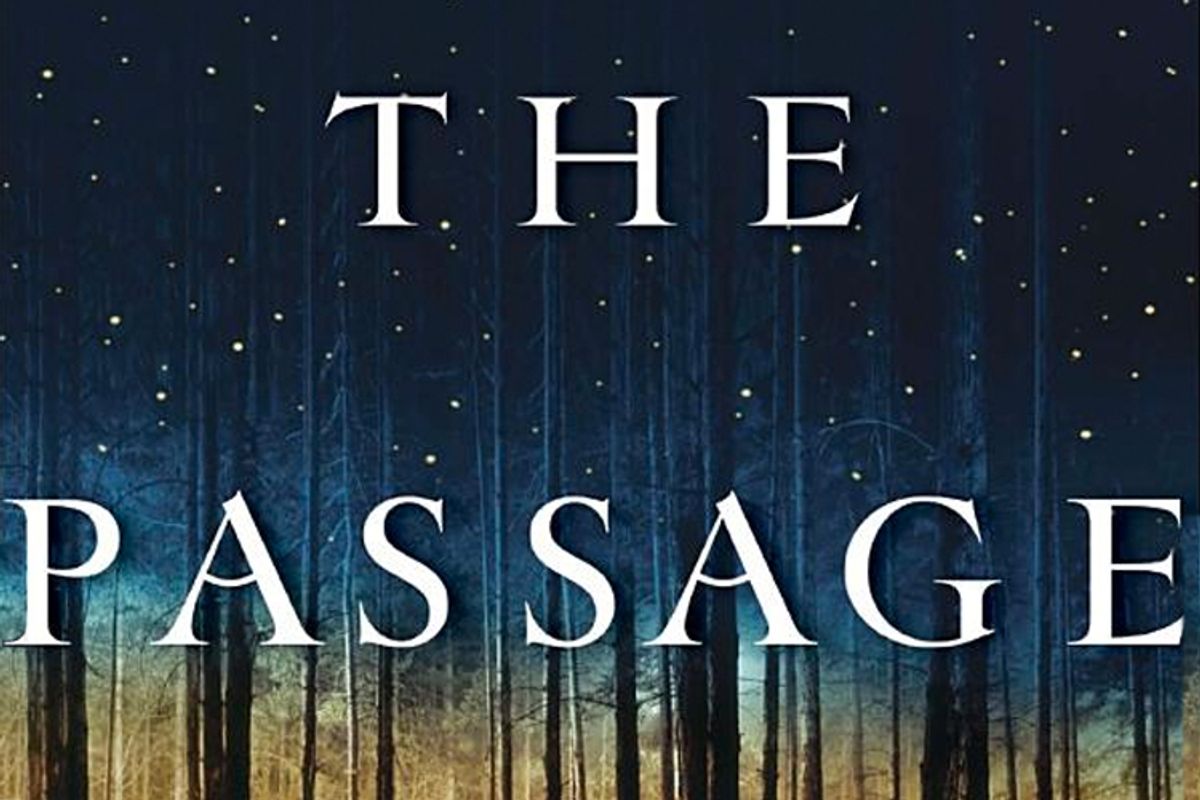For me, two big questions are raised by this section of the novel. What is time? What is death?
Of time, Grey realizes that:
"He’d thought it was one thing but it was actually another. It wasn’t a line but a circle, and even more; it was a circle made of circles made of circles, each lying on top of the other, so that every moment was next to every other moment, all at once." (Chapter Thirteen)
As I read, I find myself wondering about this idea of time in terms of plot and its implication for the clairvoyance some characters seem to possess. But mostly, I see this passage as a kind of blueprint for reading the novel with its many characters and story lines.
It is not surprising that death would be ubiquitous in an apocalyptic novel but Cronin compellingly blends ordinary death with the extraordinary. Wolgast discovers a primal knowledge of death: "To die, his body told him. To die. That is why we live, to die" (Chapter 17). Carter’s last fully human thought is his realization that "it is good to die," an epiphany so strong that "when he thought this, for a second he was Anthony again. It was good to die. There was a lightness in it, a letting go, like love" (Chapter Twelve). Clearly, the message is that it is human to die and death gives us our humanity.
And yet: Several characters have been devastated by the very ordinary deaths of key people in their lives. Jeanette’s father’s death begins the "long series of mistakes" which culminate in her abandonment of Amy and Mrs. Woods desire to end it all effectively takes Carter with her (Chapter Twelve). Wolgast is himself destroyed by the death of his daughter, and Lear persists with his dangerous 'research' because the death of his wife has left him with nothing left to lose. Death may be vital to our humanity but each ordinary death brings its own mini 'apocalypse' to those closest to it.



Shares